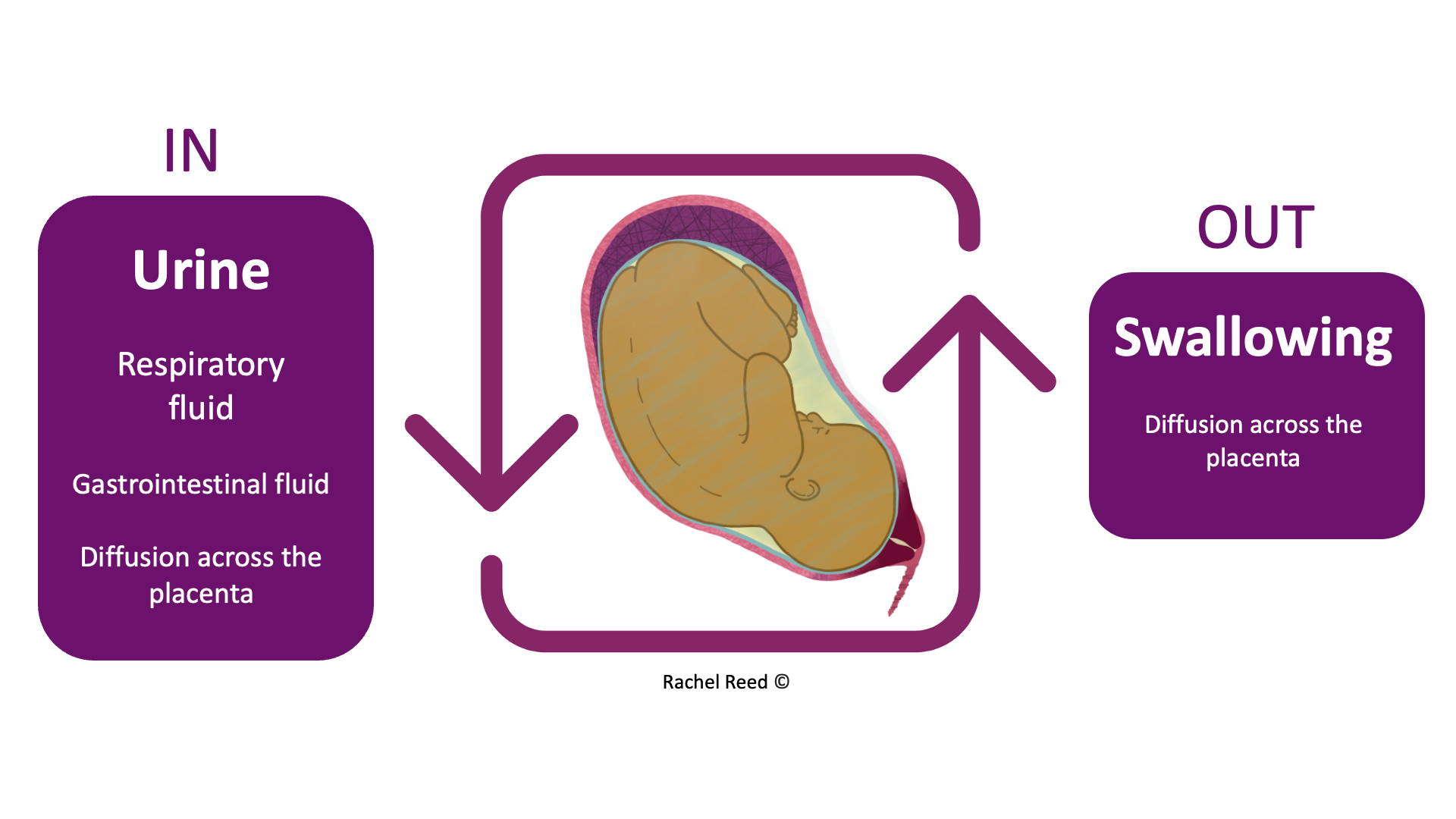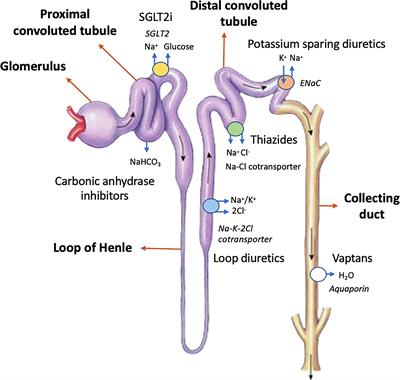Discover the Hidden Secrets: Amniotic Fluid Unveiled
Amniotic fluid is a vital component of pregnancy, surrounding and protecting the baby in the womb. It provides cushioning, helps regulate temperature, promotes lung and digestive system development, aids in muscle and bone growth, and prevents compression of the umbilical cord.
The fluid is primarily water in the early weeks of pregnancy but is later composed mostly of the baby’s urine. It also contains nutrients, hormones, and antibodies.
The amount of amniotic fluid increases until around 36 weeks of pregnancy and then gradually decreases. Too little (oligohydramnios) or too much (polyhydramnios) amniotic fluid can be problematic for both the mother and the baby, although most babies are born healthy even with these conditions.
Normal amniotic fluid is clear or tinted yellow, but green or brown fluid indicates that the baby may have passed their first bowel movement (meconium) in the womb. Meconium in the amniotic fluid can lead to breathing difficulties, known as meconium aspiration syndrome. Some babies may require immediate treatment at birth to prevent complications, while others may be healthy and not require treatment.
Continue Reading
